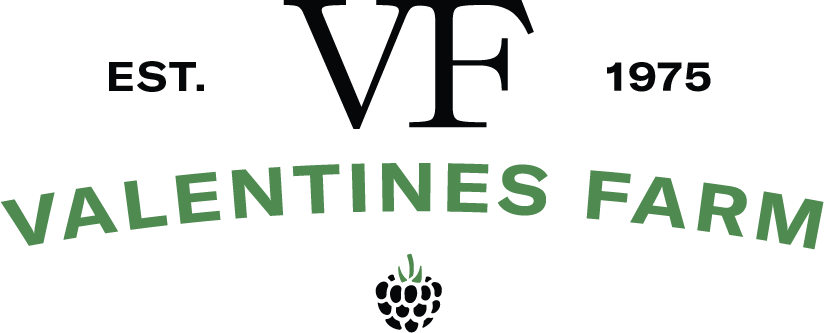Spring is Here and the Chickens are Ready!
The vernal equinox on March 19th marked the official start of Spring in the northern hemisphere. Here on the farm, we have been busy readying our crops and welcoming early signs of life. One of the most exciting events was the birth of our new baby chicks!
A few weeks ago, we noticed one of our hens acting very ‘broody’ - a common springtime occurrence. She barely parted from her eggs to eat, drink or join the flock at bedtime. We knew then, it was time for her to do her thing! For 21 days she diligently sat on her eggs, warming them with her body heat and protecting them from harm. Shortly after, a group of beautiful baby chicks were born and she earned the title of Big Momma! Our Big Momma hen is an attentive and caring parent, she helped the chicks safely integrate into the flock and has already taught them to forage for food on their own.
This past Winter, we covered a large area with net to protect the flock from hawks and other predators, especially when they’re roaming outside of their coop as the tree-tops were bare and shelter was limited. Our efforts paid off and not a single chicken was lost! We now have 34 adult birds and 5 little happy chicks on the farm.
The chickens’ coop is built on wheels and for as long as the seasons permit, we move the coop around the property. This helps to spread their manure (which is high in nutrients beneficial for the soil) and mitigates the risk of parasites. It also gives the chickens plenty of new space to scratch and forage. We’ve found the chickens absolutely love it when we spread hay on the ground – they have so much fun looking for seeds that were caught in the bales and will spend hours scratching for insects in the grass underneath. In a few weeks, we plan to take advantage of their favorite hobby and place the coop under our fruit trees. The chickens will help us fight potential fruit invaders by eating the insects and larvae in the surrounding soil.
Earlier this Winter, a few of our hens looked slim – they were losing feathers and their combs looked rather pink and droopy. We spotted some worms and blood in their droppings and red mites amongst their plumage. We took immediate action and began feeding them fermented grain in addition to their pellet diet. Fermented foods contain live bacteria and microorganisms that feed good bacteria in the digestive tract. Also, the fermentation pre-digests the grain, making all its nutritional goodness readily available for absorption. We also added in more whole grains. Whole grains are not processed, which keeps their natural oils and nutrients intact.
These quick diet changes were game changers! Not only did the chickens visibly regain their health, the coop and chicken run are now entirely odorless! Well, not entirely, it is a farm after all :).
One of our goals is to incorporate more and more biodynamic farming practices, meaning we aim to be largely self-reliant; generating our own fertility and means of sustainability. Our hope is to one day grow the grain we feed the chickens ourselves. The more chickens we have, the more land we would need to support those grain crops. As the farm grows (and if we continue to welcome baby chicks), this is something we will need to consider. For now, we are looking forward to the growth and harvest seasons and the first Spring for our baby chicks!
